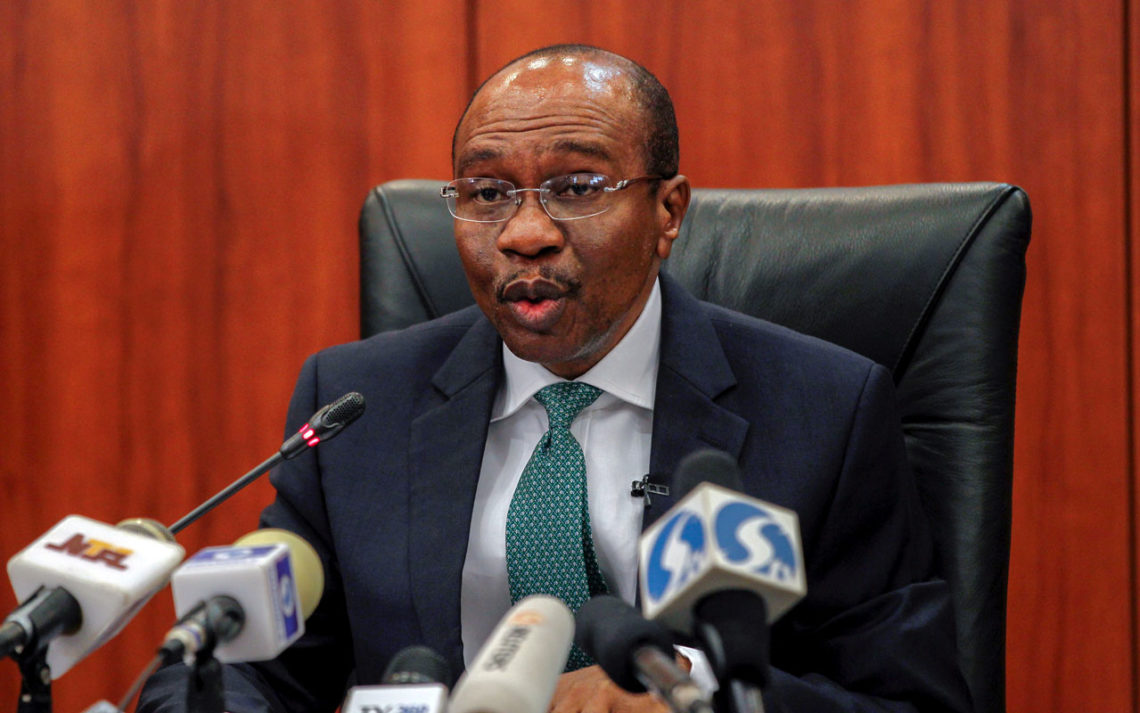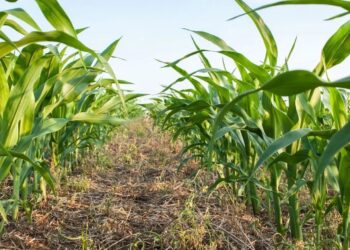Considering its economic importance, the federal government has been urged to improve commitment to the agricultural sector to significantly grow the economy, saying despite huge intervention in the sector in recent times, output appeared to be inadequate.
Specifically, an Economic expert, Prof. Ken Ife, stated this during a presentation on “unlocking opportunities in the non-oil sector,” at the 33rd Finance Correspondents and Business Editors Seminar organised by Central Bank of Nigeria (CBN) in Abuja.
Ife, who pointed out that agricultural development programmes have resulted in the construction of 300 dams, huge strategic grain reserves, among other investments, said the high number of dams, together with the rains and rivers give Nigeria four times more surface water than South Africa.
“But only a handful of the dams are used for power generation, irrigation for dry-season farming and aquaculture,” he noted.
However, Ife commended the CBN for its various interventions in agriculture and other non-oil sectors, stating that as at February 2022, N948 billion in loans has been given to 4.4 million farmers cultivating 5.2 million hectares, and creating 12.5 million direct jobs.
On his part, the CBN governor, Godwin Emefiele, said the quest to build a more sophisticated economy was the major component of Nigeria’s monetary policy, adding that such an economy would be anchored on agriculture, MSMEs, industrial and manufacturing concerns.
Represented by the director, Corporate Communications, CBN, Osita Nwanisobi, Emefiele informed that Nigeria has largely depended on the oil sector for revenue generation over the past four decades, saying the sustained decline in crude oil prices had continued to negatively undermine the performance of the economy.
“There is the urgent need for a conscientious effort to diversify to other non-oil sectors. As I have often said, it is important that we work to create an economy that will enable us to feed ourselves, create jobs for our teeming youths and improve the standard of living of our people. Our population is growing by over three per cent per annum over the past seven years, against a less than steady growth in output since 2019,”he said.
According to him, the production and industrial capacity of the economy must be given special attention to ensure overall macroeconomic stability, explaining that economic challenges brought about by the COVID-19 pandemic and Russian-Ukrainian conflict had made the idea of economic diversification imperative.
The CBN governor said, “There is no gainsaying that since 2019, the world has been facing severe shocks, propelled by the COVID-19 pandemic and the Russian-Ukraine war that have continued to threaten global growth and overall macroeconomic stability.”
As the world was gradually exiting the devastating negative shocks and impact of COVID-19 pandemic, the economic sanctions against Russia have further worsened the subsisting supply-chain disruptions across the globe.
“The accompanying trade dislocations have aggravated supply shocks across regions, triggered unprecedented increases in commodities, energy and food prices as inflationary pressures persist to all-time high across regions.” Emefiele emphasized that diversification of the Nigerian economy would guarantee that unanticipated negative shocks did not undermine food security and self-sufficiency.





